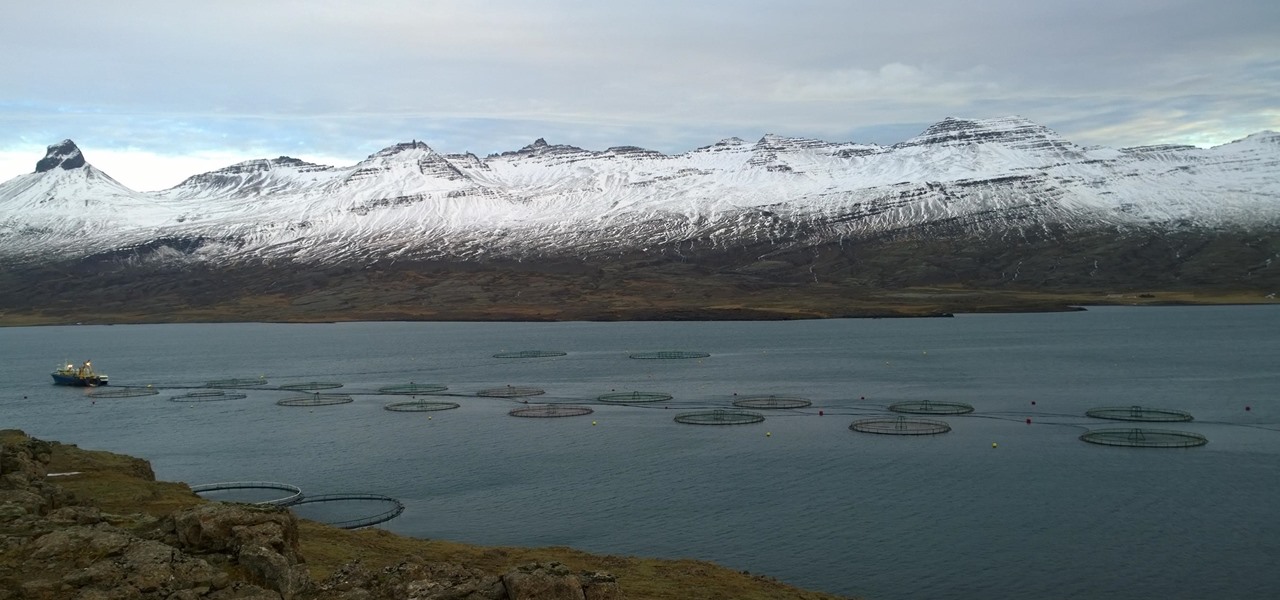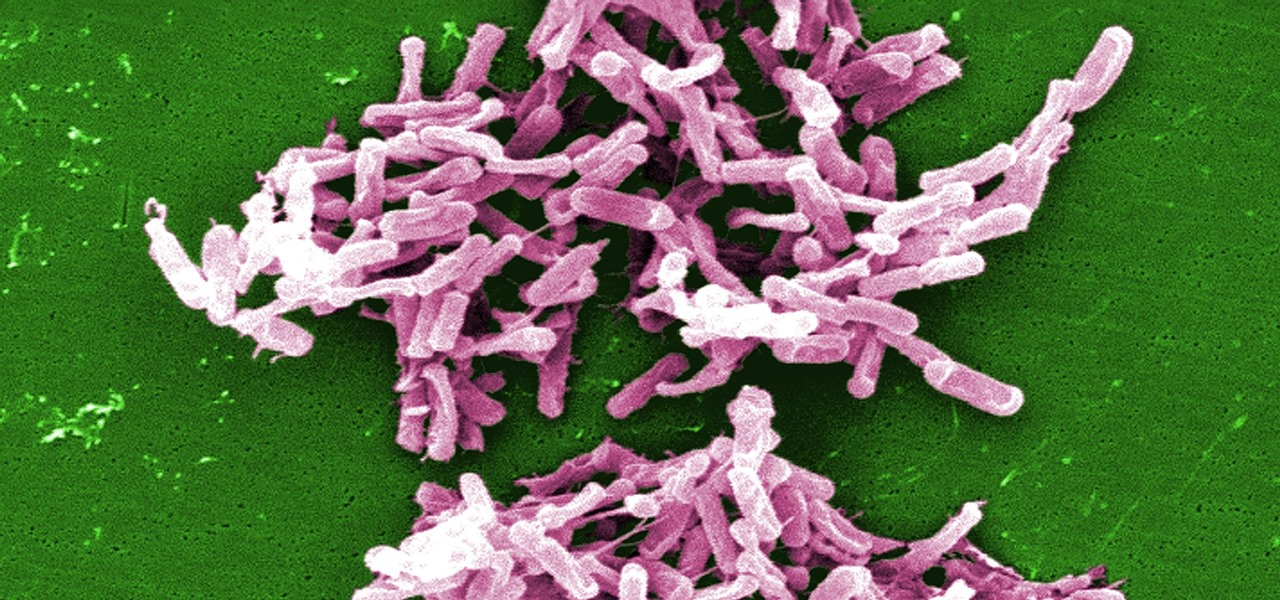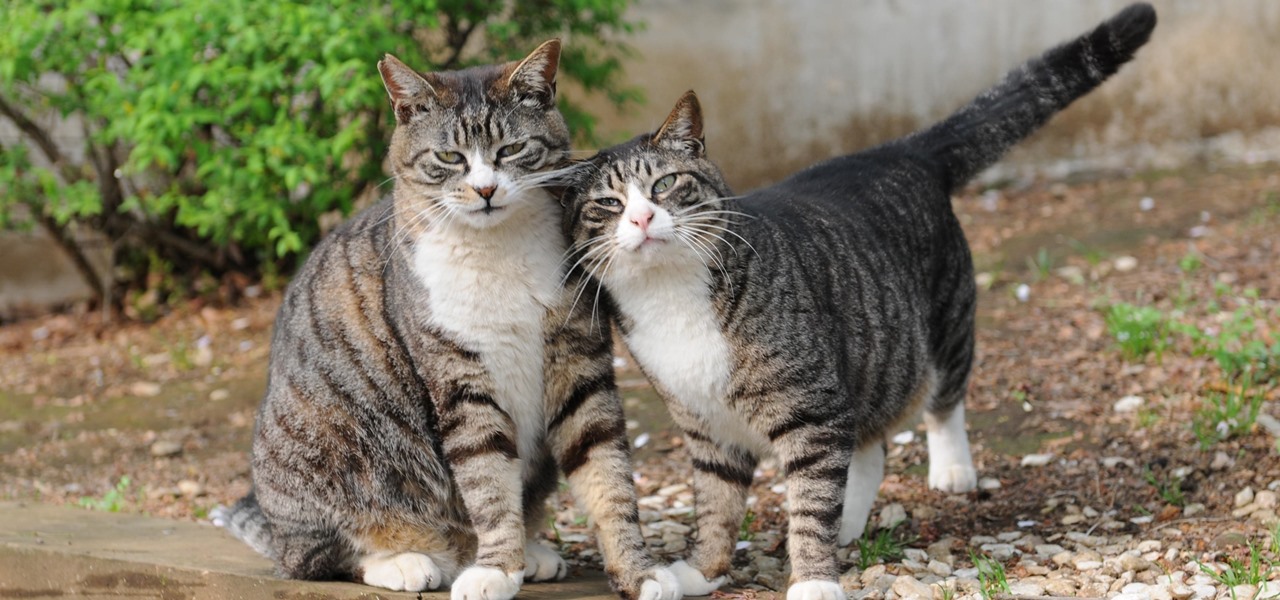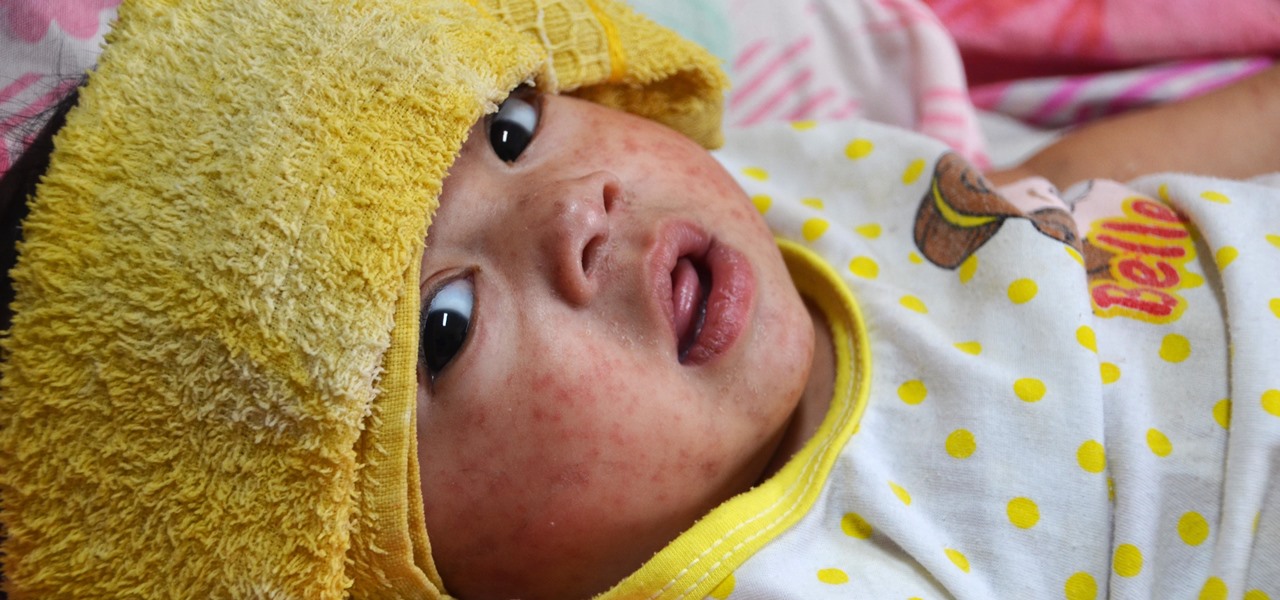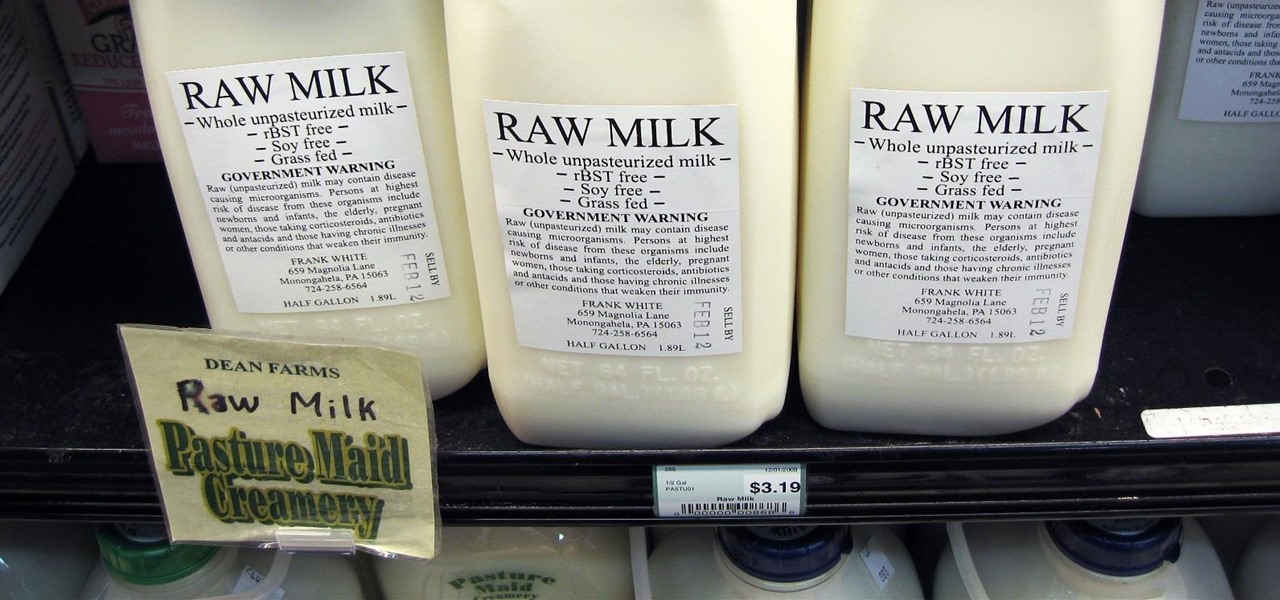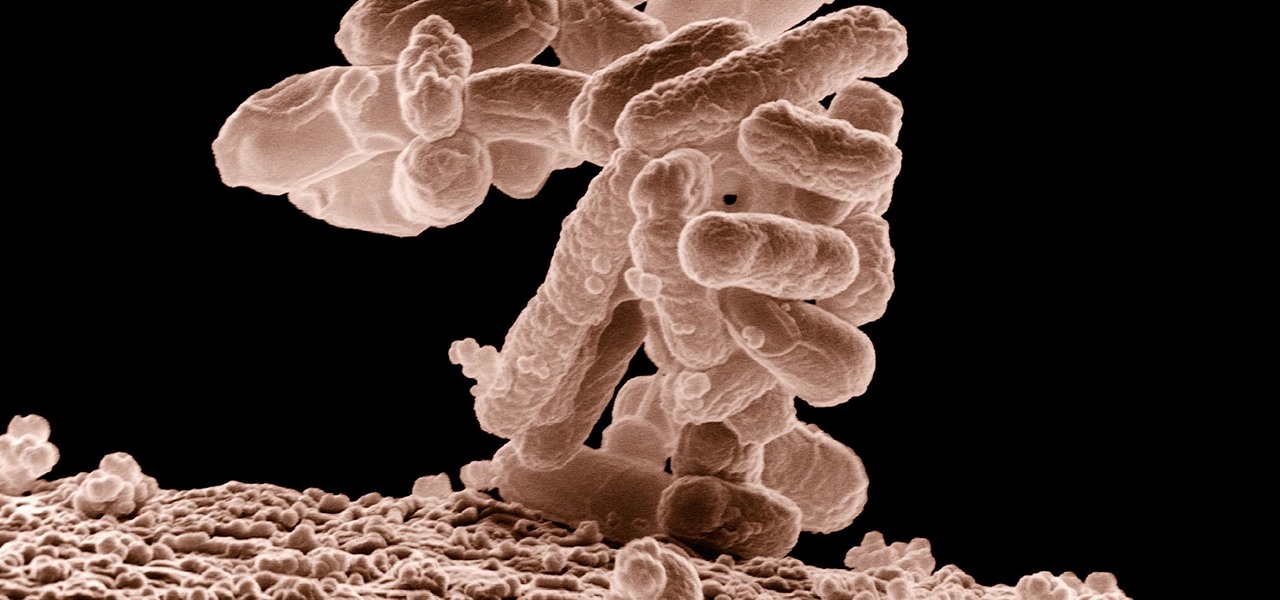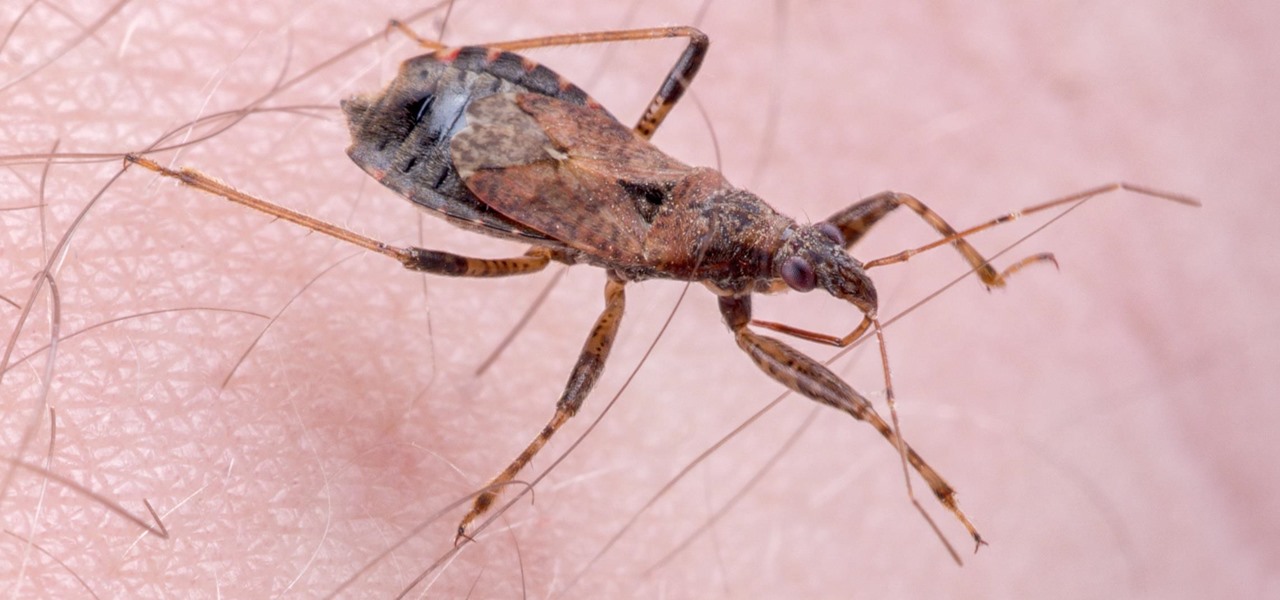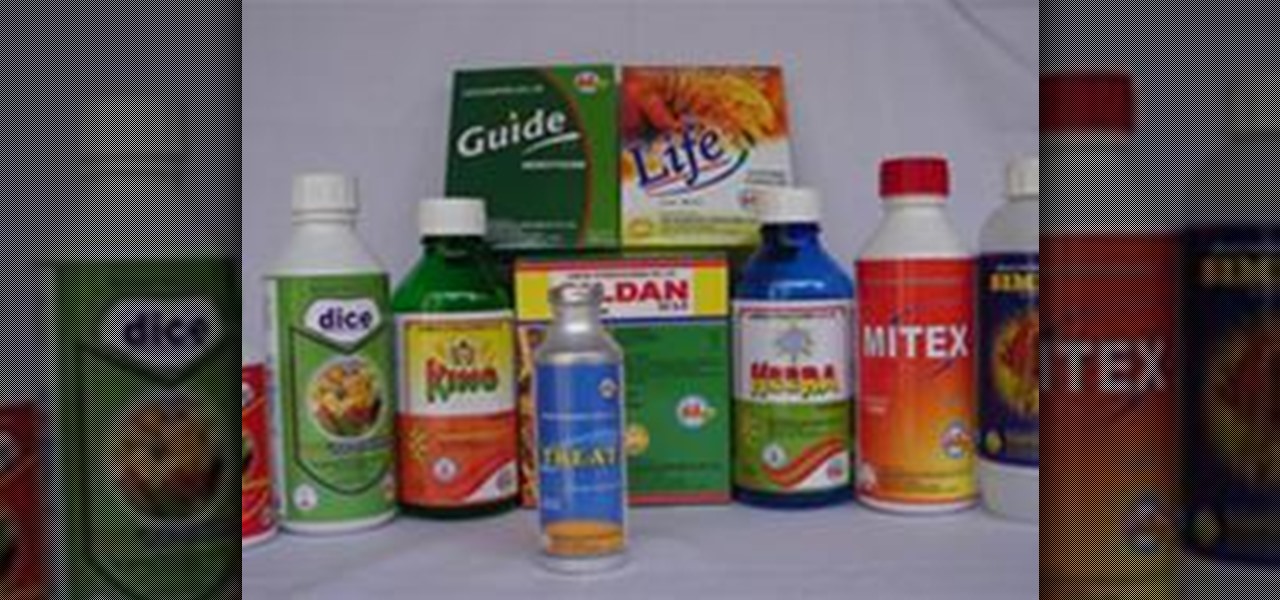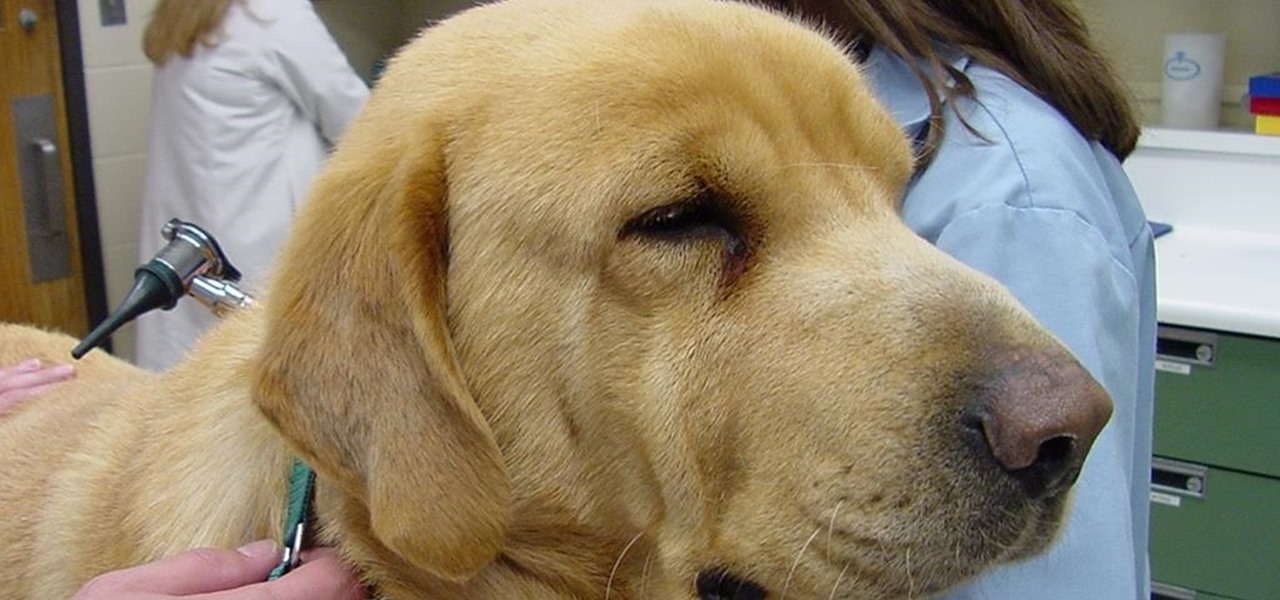
You know the signs—sneezing, fever, nagging cough, no energy, no appetite. It's the flu, but this time, it's your dog who's down and out. Yes, dogs get the flu, too. However, a team from the University of Rochester Medical Center and their collaborators have developed a new vaccine that may make the doggy flu a thing of the past.
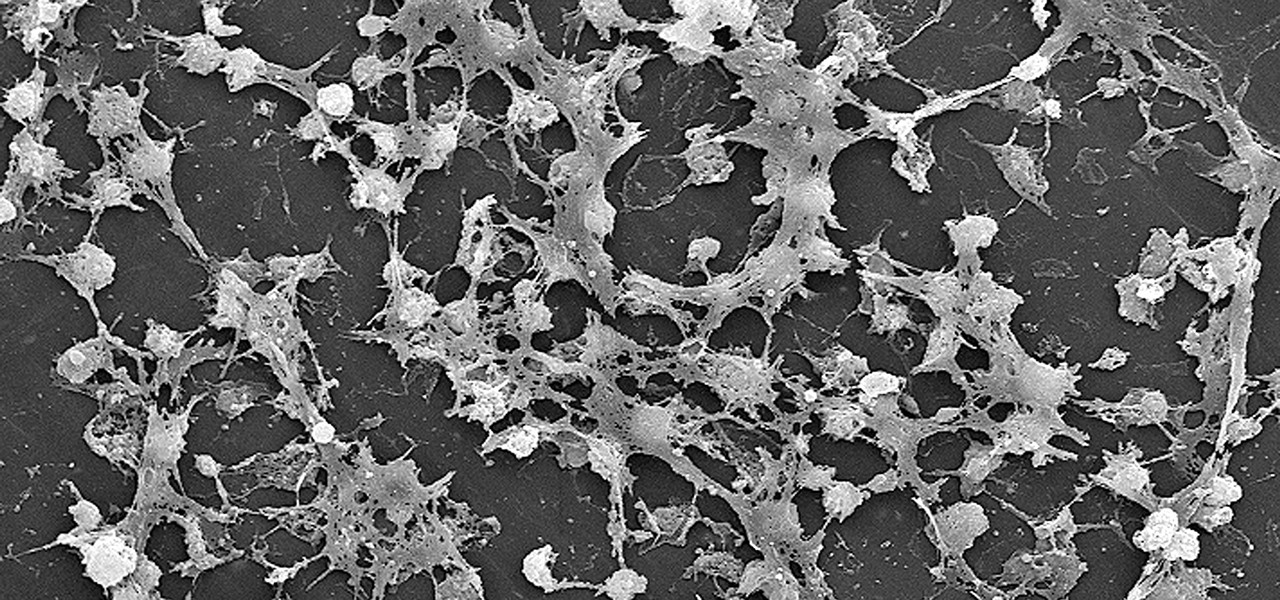
Lighthouses and signal fires may have been the first social media. Without the ability to share language, a distant light meant "humans here." A new study from the University of California, San Diego, finds that bacteria can also send out a universal sign to attract the attention of their own, and other bacterial species.
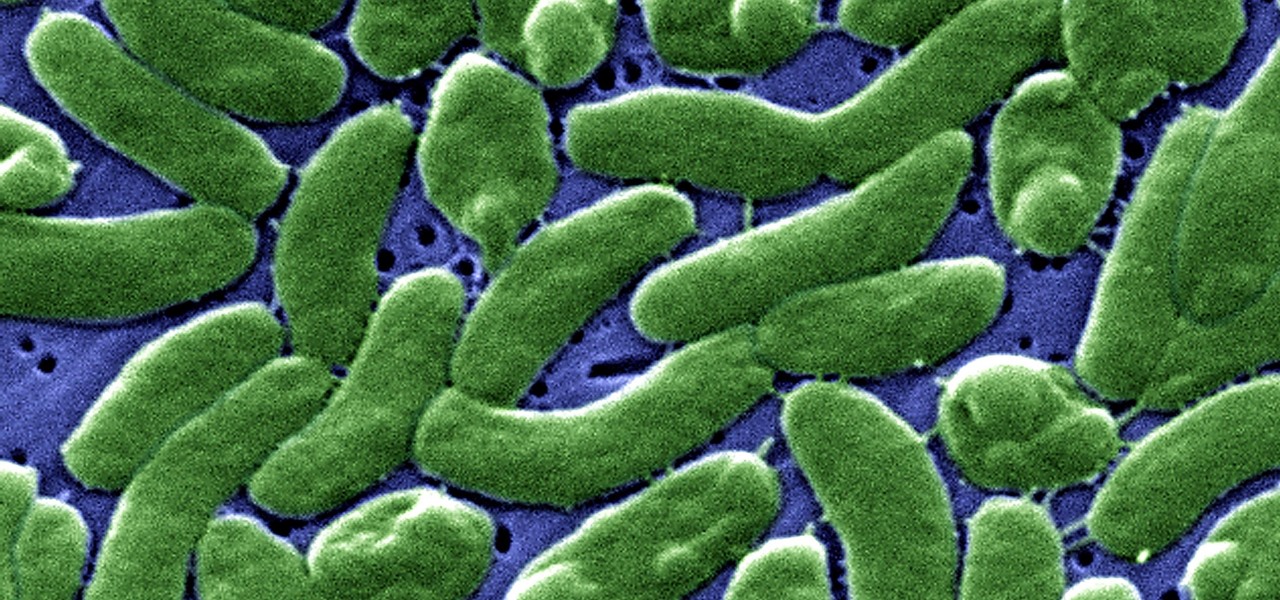
Cholera may be rare in the US, but cases of the disease have increased worldwide since 2005, particularly in Africa, southeast Asia, and Haiti. An estimated 3 to 5 million people are infected, and more than 100,000 die from the disease globally each year, mostly from dehydration.

Specialized cells in the lining of the gut may provide a key to preventing an infectious brain disease caused by misfolded proteins.

The lengths people will go to for a grilled cheese sandwich are amazing. They'll use irons, wafflemakers, or whatever appliance that produces enough heat to produce the perfect combination of golden, grilled bread and oozy, melting cheese. I personally favor my cast-iron skillet or the oven for making a really great grilled cheese sandwich. If I'm feeling lazy, then a toaster oven will do. But what if you're at work or in a dorm and the break room only has a toaster?

On the airplane, in the middle of cold and flu season, your seatmate is spewing, despite the clutch of tissues in their lap. Your proximity to an infectious person probably leaves you daydreaming (or is it a nightmare?) of pandemics and estimating how likely it is that this seatmate's viral or bacterial effusions will circulate throughout the plane and infect everyone on board.

As the fish farming industry struggles to become more environmentally friendly, it just gained another problem. Fish food loaded with antibiotic-resistant genes.

On June 11, 2016, an Arizona woman died from what appeared to be several infections, including pneumonia. She likely caught at least one of these from her dog.

Killing more than 29,000 people each year, infection with Clostridium difficile (C. diff or CDI) is the most common healthcare-associated infection in the US. In a disturbing development, new research reveals recurring cases of the infection are soaring.

Just like your gastrointestinal tract, and the soil we walk on — a dust storm has a collection of bacteria, fungi, and viruses all its own called a "dust microbiome."

Like humans, cats can suffer infections caused by ticks, and too often, the disease is fatal. Learn about tickborne diseases that affect cats and what you can do to protect Fluffy from an untimely demise.

Nineteen days ago, several hundred people could have been exposed by a traveler with measles in Nova Scotia, Canada. The next day, someone flying from Minnesota to Nebraska may have spread the measles to other passengers. A couple weeks ago, it's possible that a man and his six-month old child spread the measles in several Seattle-based locations. Authorities are trying to locate persons who may have been in contact with these people. None of the persons with measles were vaccinated. Why?

For some, drinking raw milk is a way to get back to nature, improve family nutrition, and hedge against asthma and allergies. However, according to public health authorities, drinking raw or unpasteurized milk is a big mistake—even fatal. So what's the story?

Jostled in the airport, someone is coughing in line. The air looks empty but it is loaded with microbes that make their way into your body. You get sick. You give it to your family, and that's pretty much it. But what if you were so contagious that you spread it to your entire community and beyond?

What's in a sneeze? Quite a lot—dirt, mucus, and infectious germs—it seems. And sneezing the right way can reduce the germs you share with neighbors.

A terrifying antibiotic-resistant superbug, one thought to only infect hospital patients, has made its debut in the real world. For the first time ever, the superbug carbapenem-resistant Enterobacteriaceae (CRE) infected six people who hadn't been in or around a hospital in at least a year, and researchers aren't sure how they got infected.

You just sat down, coffee in hand, and the day is ready to start. Now that you have taken a few sips, let me pose a question: What is living in that coffeemaker of yours? The answer might make you dump that coffee down the drain pronto.

We all know that it's important to drink water regularly throughout the day. After all, it has so many benefits, including flushing toxins out of the body and maintaining kidney health and good bowel movements. Turns out that's only part of the story. While being properly hydrated is key to maintaining overall health, it's also a big component of maintaining and even increasing cognitive ability. Plus, drinking enough water regularly can help you lose weight, if you know when to drink it and ...

You may not have heard of visceral leishmaniasis, onchocerciasis, or lymphatic filariasis, and there is a reason for that. These diseases, part of a group of infections called neglected tropical diseases (NTDs), impact more than a billion people on the planet in countries other than ours. Despite the consolation that these often grotesque illnesses are "out of sight, out of mind," some of these infections are quietly taking their toll in some southern communities of the US.

Will the predicted apocalyptic date—December 21st, 2012—really be the end of the world? In this ongoing five-part series, we examine what would happen if zombies, nuclear weapons, cyber wars, earthquakes, or aliens actually destroyed our planet—and how you might survive.

As unappealing as it sounds, transplants with fecal material from healthy donors help treat tough Clostridium difficile gastrointestinal infections. Researchers credit the treatment's success to its ability to restore a healthy bacterial balance to the bowels, and new research has shown that the transplanted bacteria doesn't just do its job and leave. The good fecal bacteria and its benefits can persist for years.

Magic Leap has had a rough couple of years, highlighted by high-profile executive departures, lawsuits, troublesome patent shuffles, and massive layoffs.

Lack of appetite often signals a cold or flu. Eating can be the last thing we want to do when we have a sore throat or are too fatigued or achy to even get out of bed. When hungry, we don't feel as strong as when we are well fed—and we more than likely aren't as strong.

Insecticides are widespread products which are used daily in our lives. Organophosphorus is the main compound in these products and has toxic effects on our health that may be fatal in some cases.

One word. Awesome. Wish your Honda had army tank capabilities? Luckily, Russian DIYers have come up with a totally badass conversion kit that uses tank treads to turn your car into a monster.

Hi OLers. Take one minute out of your day and tell your congressman to get to work for you and Food Democracy NOW! Your congrassman has until the end of this week (48 hours) to sign the letter to ask Secretary Tom Vilsack to MAINTAIN the ban on Monsanto's genetically-modified (GMO) Roundup Ready™ alfalfa. You have the power to make the change, make your voice and theirs heard now. Send them this letter today asking them to do what they can to protect organics, farmers and the environment from...








